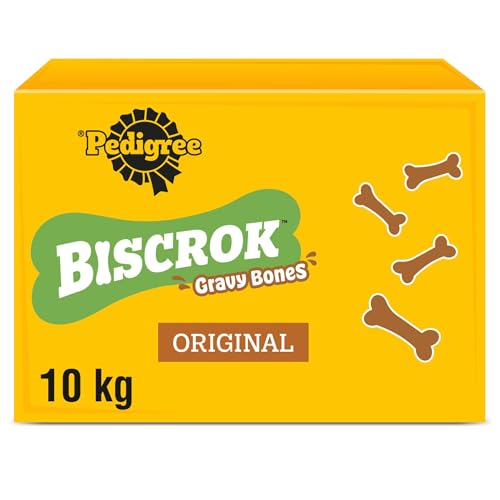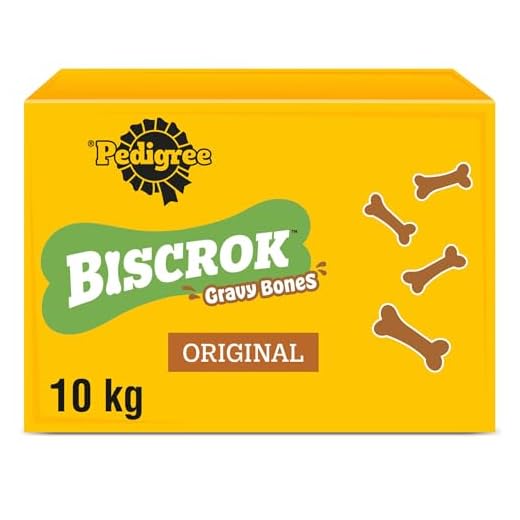


Those festive delights filled with peppermint are not suitable for your furry companion. The high sugar content and artificial flavourings can lead to digestive issues. Many of them also contain xylitol, a sweetener toxic to animals, causing serious health risks.
In my experience, my own pooch once snagged a piece during a holiday gathering. The aftermath was a mess–upset stomach and restless nights for both of us. I learned the hard way that sharing such treats can lead to unnecessary stress for our pets.
Instead, consider alternatives like small pieces of plain, unsweetened fruits. These options are safer and can be a delightful way to include your pet in the festivities without compromising their health. Always consult your vet before introducing anything new into your dog’s diet.
Can Dogs Have Treats Like These?
Feeding your furry friend these festive treats is not advisable. They often contain ingredients that are harmful to your pet’s health, such as high sugar levels and artificial flavourings. The high sugar content can lead to dental issues and obesity, while certain additives may cause gastrointestinal upset or allergic reactions.
Health Risks to Consider
Common side effects from ingestion include vomiting, diarrhoea, and excessive thirst. Some recipes may include xylitol, a sweetener toxic to canines, which can result in severe health complications. Always check the label if you’re unsure, but it’s best to steer clear entirely.
Safe Alternatives
If you want to treat your canine companion during the holidays, opt for dog-friendly snacks. Look for items made specifically for pets, like natural biscuits or homemade treats using safe ingredients like pumpkin or peanut butter (without xylitol). Your dog will appreciate the gesture, and you’ll avoid any health issues!
Potential Ingredients in Candy Canes Harmful to Canines
Some components found in these festive treats can pose serious risks to our furry companions. One of the primary concerns is sugar. High sugar content can lead to obesity and dental issues in canines. It may also contribute to diabetes over time. If your pet consumes too much sugar, it might experience gastrointestinal upset, including vomiting and diarrhoea.
Xylitol: A Hidden Danger
Xylitol, a common sugar substitute, is extremely toxic to canines. Even small amounts can trigger a rapid insulin release, leading to hypoglycaemia. Symptoms of xylitol poisoning include lethargy, loss of coordination, and seizures. If you suspect your pet has ingested anything containing xylitol, immediate veterinary attention is essential.
Artificial Flavours and Colouring Agents
Many varieties feature artificial flavours and colourings, which may cause allergic reactions or sensitivities in some animals. Symptoms can vary from mild gastrointestinal distress to more severe reactions like swelling or difficulty breathing. Always check the ingredient list and avoid any products with these additives when it comes to your pet’s safety.
Signs of Candy Cane Indigestion in Dogs
Recognising the symptoms of digestive distress in your canine companion is crucial. If your furry friend has indulged in a sweet treat, watch for these warning signs:
Common Symptoms
- Vomiting
- Diarrhoea
- Excessive drooling
- Loss of appetite
- Abdominal discomfort or bloating
- Unusual lethargy
If you observe any of these indicators, take action immediately. Monitoring your pet’s behaviour after consuming something outside their regular diet is essential.
Severe Reactions
In more serious cases, symptoms may escalate. Look out for:
- Difficulty breathing
- Seizures
- Unconsciousness
- Severe abdominal pain, evidenced by whining or reluctance to move
If these alarming signs occur, seek veterinary assistance without delay. Swift action can make a significant difference in outcomes.
For peace of mind, always keep harmful snacks out of your pet’s reach and stick to safe treats. Your canine’s health is paramount, and being vigilant can prevent unnecessary distress.
Alternatives to Candy Canes for Dog Treats
Instead of traditional festive sweets, consider these safe and delicious options for your canine companion. Natural treats are always a hit. Look for freeze-dried meat or fish. They are packed with protein and usually very appealing to pups. When I introduced freeze-dried chicken to my dog, his reaction was priceless. He couldn’t get enough!
Homemade Peanut Butter Biscuits
Whipping up homemade biscuits is simple and allows you to control the ingredients. A blend of whole wheat flour, oats, and unsweetened peanut butter makes a tasty treat. Just mix everything, roll into shapes, and bake until golden. My dog goes wild for these, and I love knowing exactly what’s inside!
Fruits and Vegetables
Many fruits and veggies are safe and healthy options. Carrots, apples (without seeds), and blueberries can be great snacks. I often use carrot sticks as a training reward. They’re crunchy and satisfying, plus they help keep his teeth clean. Just make sure to introduce new items gradually to avoid tummy troubles.
How to Safely Manage Dog’s Sugar Intake
Limit the amount of sweet treats your canine companion consumes. Too much sugar can lead to obesity, dental issues, and other health complications. Aim for a maximum of 10% of their daily caloric intake to come from sugary items.
Read labels carefully. Many commercial snacks contain hidden sugars or artificial sweeteners that are harmful. Always choose products specifically designed for pets, as they are formulated with canine nutrition in mind.
Introduce any new snack gradually. This helps monitor your pet’s reaction and avoids digestive upset. Start with a small piece, observing for any adverse effects before increasing the amount.
Fresh fruits and vegetables can be a great substitute. Items like blueberries, carrots, and apples (without seeds) are safe and provide natural sweetness without the risks associated with processed treats.
Stay aware of portion sizes. Even healthy snacks should be given in moderation. Treats should never make up a large part of a dog’s diet.
Regular veterinary check-ups are crucial. Your vet can provide personalised advice based on your pet’s health, weight, and dietary needs. They can help establish a balanced meal plan that includes occasional treats.
Maintain an active lifestyle for your furry friend. Regular exercise can help offset the effects of any occasional sugary indulgences and keep their weight in check.
Veterinary Advice on Treating Pooches with Sweet Foods
Always consult a veterinarian before introducing any sugary snacks into your furry friend’s diet. While some sweet treats may be safe in small amounts, others can lead to serious health issues. Vets recommend avoiding any items that contain high levels of sugar and artificial sweeteners, particularly xylitol, which can be extremely toxic.
Consultation with Professionals
Regular check-ups with a vet are important. They can guide you on suitable treats, especially if your pet has existing health conditions. For instance, if your pup has stomach ulcers, choosing the best dog food for dogs with stomach ulcers is essential. This ensures that any sweet indulgence doesn’t exacerbate their condition.
Monitoring Reactions
Whenever you try a new sweet snack, observe your pet for any adverse reactions. Symptoms like vomiting, diarrhoea, or lethargy might indicate an intolerance or allergy. It’s critical to act quickly and seek veterinary advice if such signs appear.
| Sweet Treat | Vet Recommendation |
|---|---|
| Chocolate | Avoid completely; highly toxic. |
| Grapes and Raisins | Never feed; can cause kidney failure. |
| Honey | Small amounts are usually safe; monitor for allergies. |
| Peanut Butter (without xylitol) | Generally safe; a good source of protein. |
Maintaining a balanced diet is key to your pet’s health. Always prioritise their well-being over treats. If uncertain about any food item, don’t hesitate to reach out to your veterinarian.
Understanding Dog Dietary Restrictions and Candy Canes
While many treats seem harmless, the dietary needs of our furry companions require careful consideration. Sweet items, including striped sweets, pose specific risks. These sugary delights often contain ingredients that can upset a dog’s stomach or lead to more serious health issues.
One key factor to keep in mind is the sugar content. Dogs don’t metabolise sugar like humans do, leading to potential weight gain and dental problems. Regular consumption of sugary snacks can contribute to obesity and diabetes in pets, which is a growing concern among pet owners.
Another aspect to consider is the presence of artificial sweeteners, particularly xylitol. This substance is extremely toxic to canines, causing rapid insulin release, which can lead to hypoglycemia. Symptoms can appear within minutes, making it crucial to check for this ingredient in treats.
Additionally, the hard texture poses a choking hazard, especially for smaller breeds. Chewing on such items can lead to broken teeth or digestive blockages. Always opt for dog-friendly treats designed specifically for their dietary needs.
Incorporating wholesome, natural snacks into your dog’s diet ensures they receive necessary nutrients without the risks associated with human sweets. This way, you can indulge your pet without compromising their health.






